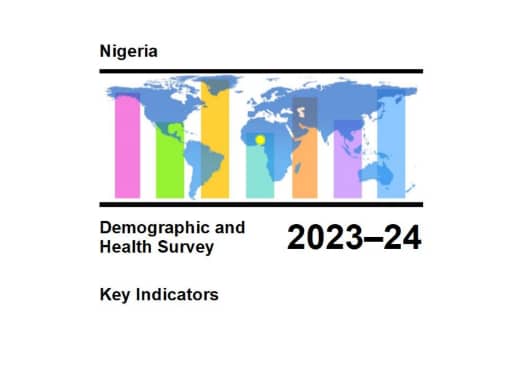Health experts are urgently calling for increased investment in healthcare services to combat the rising rate of child mortality in Nigeria’s rural areas.
According to the National Demographic Health Survey (NDHS), these regions record 2,300 child deaths daily, underscoring the critical need for improved maternal and child health services.
The statistics presented by Oluseyi Olosunde, a Health Officer with the United Nations Children’s Fund (UNICEF), during a Media Dialogue on Child Mortality in Jos, Plateau State, highlight a stark contrast between rural and urban child mortality rates.
Rural areas report 157 deaths per 1,000 live births, compared to 92 per 1,000 in urban settings.
This disparity underscores the need to align with the United Nations’ Sustainable Development Goals, which aim to end preventable deaths of newborns and under-five children by 2030.
The NDHS reports that neonatal mortality in Nigeria stands at 41 per 1,000 live births, contributing to 10% of global neonatal deaths.
Further data reveal that infant mortality is 63 per 1,000 live births, while under-five mortality reaches 110 per 1,000.
The North-East subregion, in particular, shows limited progress, with neonatal mortality rates recorded at 43 per 1,000 live births in 2018. Improvement in these figures has been marginal in 2023/24.
Bauchi State reports 48 deaths per 1,000 live births annually, while neonatal mortality rates in Bauchi, Taraba, and Gombe stand at 68%, 67%, and 51.5%, respectively.
Alarmingly, three out of 10 newborns in Bauchi and Taraba and five out of 10 in Gombe lack postnatal care.
Immunization coverage remains inadequate, with 30% of children in these states yet to receive any vaccinations.
Dr. Ruth Adah, a consultant pediatrician at Jos University Teaching Hospital, highlighted that the high child mortality rates underscore the weaknesses in Nigeria’s healthcare system and the impact of the country’s challenging socio-economic conditions.



